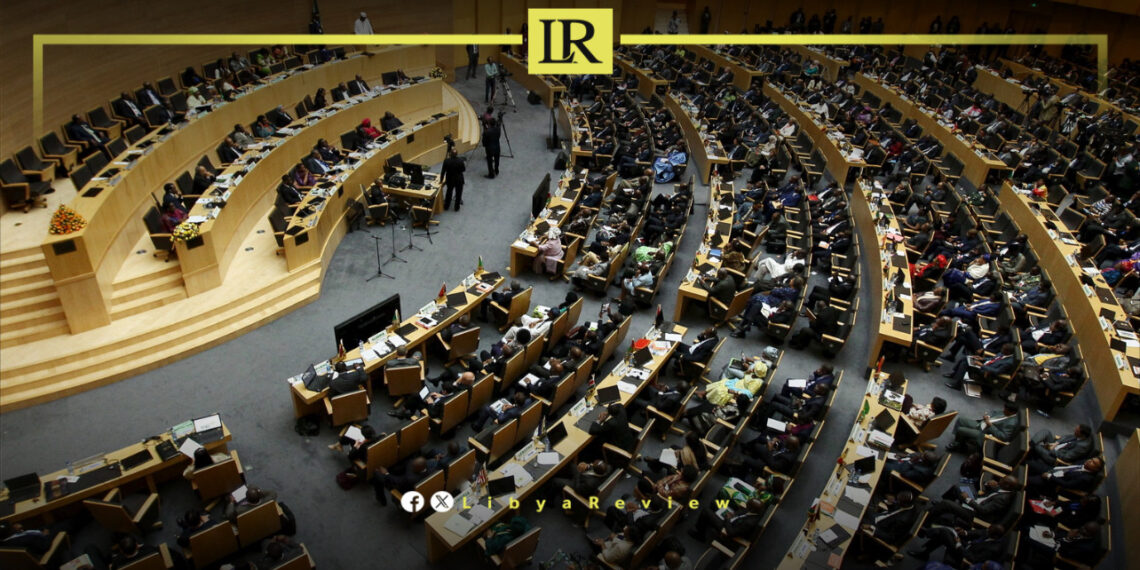The African Union Peace and Security Council (AUPSC) will convene tomorrow, Friday, in Sierra Leone to discuss the worsening situation in Libya during its 1280th session.
The session will be opened by Ambassador Harold Saffa, Sierra Leone’s Permanent Representative to the African Union and current chair of the Peace and Security Council for May.
Senior AU officials are expected to deliver statements, including Bankole Adeoye, the AU Commissioner for Political Affairs, Peace and Security, and Ambassador Wahida Ayari, the Special Representative of the AU Commission Chairperson for Libya.
The meeting comes amid heightened political paralysis and security tension in Libya, following recent armed clashes in Tripoli and ongoing delays in organizing national elections and reconciliation initiatives.
The AU is expected to restate its support for Libya’s sovereignty, territorial integrity, and a Libyan-led political solution.
According to Amani Africa, which specializes in African Union affairs, this is the first time the Council has formally addressed the Libyan file since November 2024. At that session, the AU reiterated its full support for the permanent ceasefire agreement signed on 23 October 2020 and affirmed its readiness to continue supporting Libya in overcoming its protracted crisis.
The Peace and Security Council is also expected to revisit efforts to hold a long-awaited Libyan National Reconciliation Conference. A high-level AU delegation visited Libya in October 2024 in an attempt to revive the initiative. The delegation included the AU Chairperson and Mauritanian President Mohamed Ould Ghazouani, the AU Commission Chairperson Moussa Faki Mahamat, and the Congolese Foreign Minister Jean-Claude Gakosso.
The reconciliation conference, initially scheduled for April 2024, was postponed indefinitely due to internal disagreements and logistical setbacks.
The renewed AU attention to Libya follows recent violence in Tripoli, prompting the Ministry of Interior to call on residents to remain indoors for their safety. These events underscore the urgency for the AU to reassert a more active diplomatic role.


